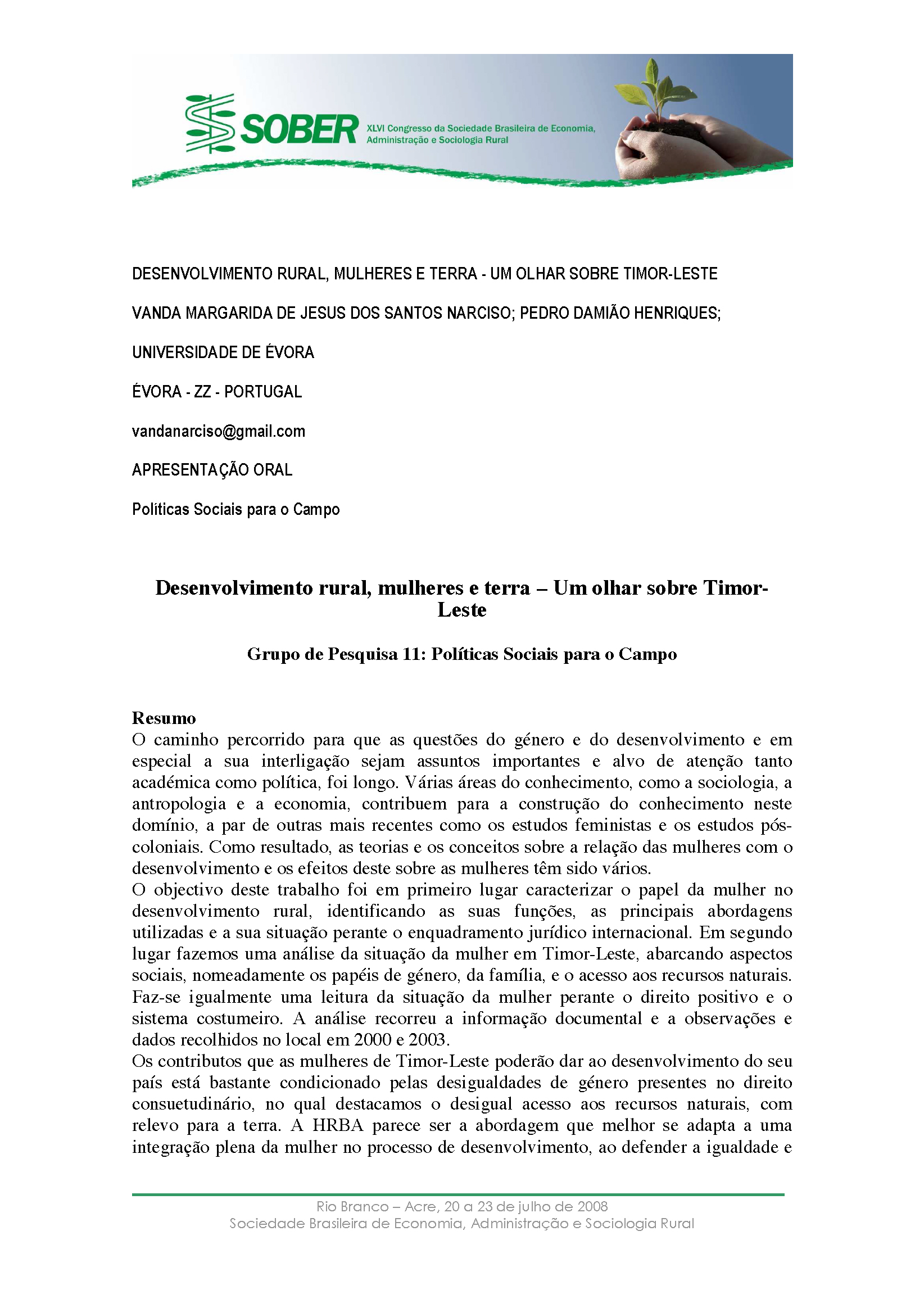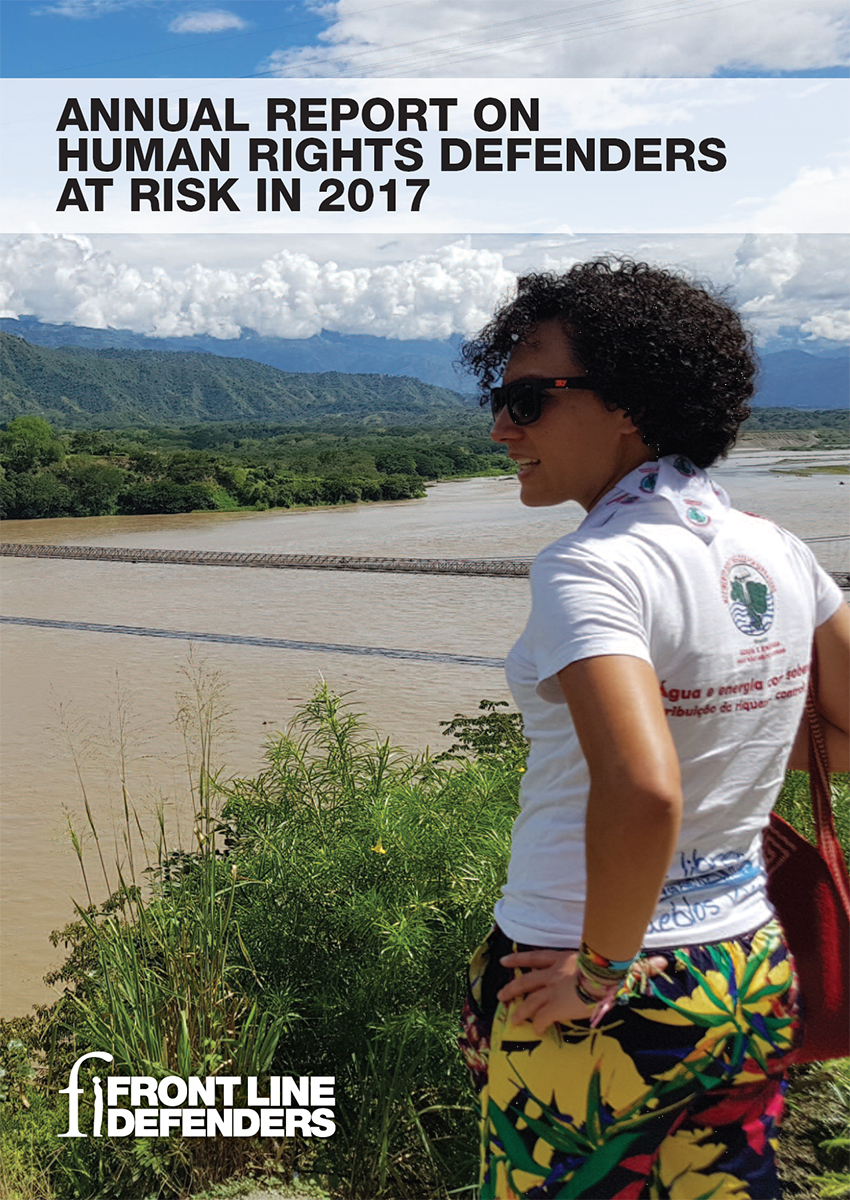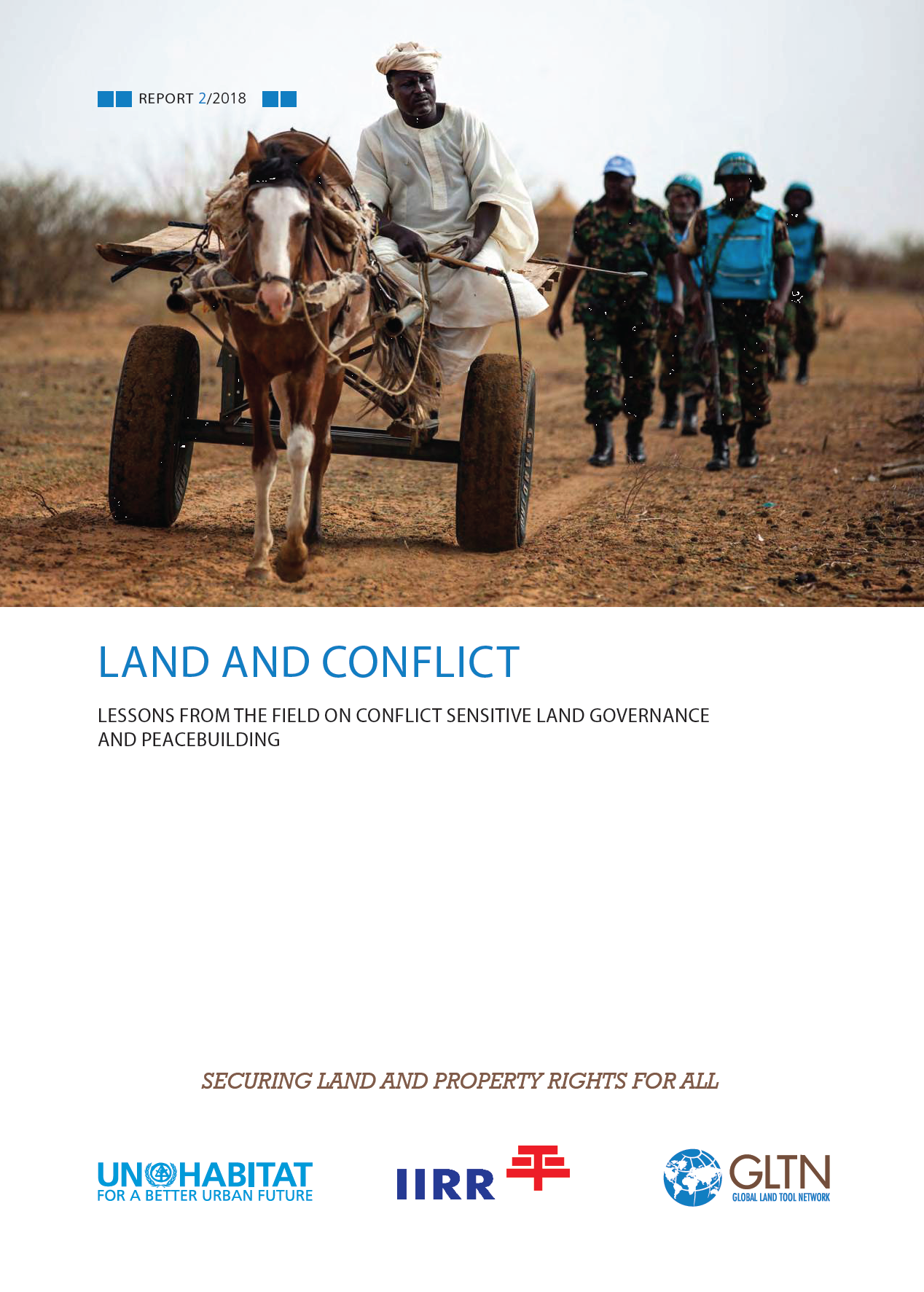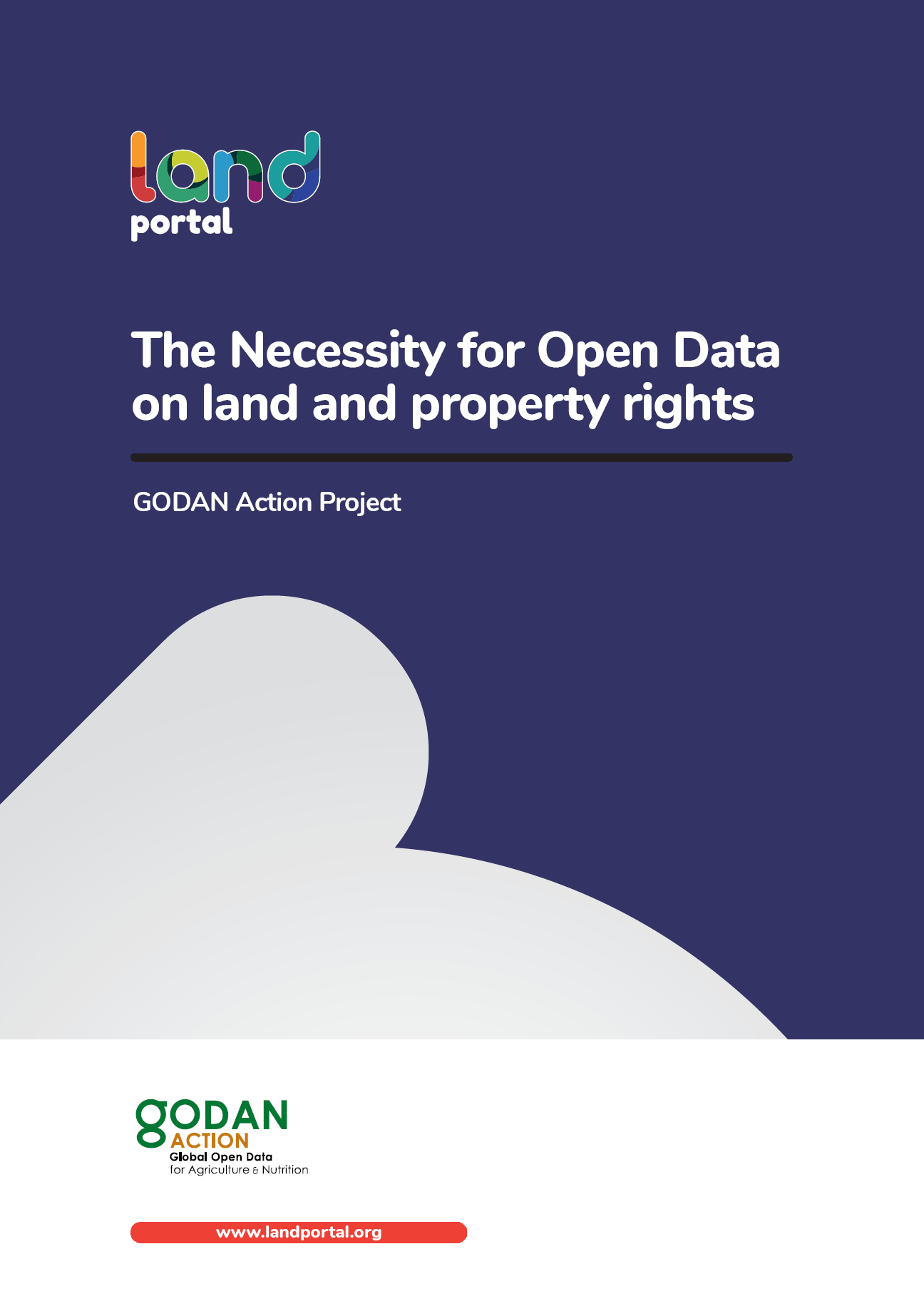Policies for Shared Prosperity in Myanmar (English, Burmese မြန်မာဘာသာ)
INTRODUCTION: "The November 8, 2015 elections in Myanmar
marked a historic milestone in the country’s political
and economic transition that began in 2011.
Incoming policy makers are preparing to pick up the
baton and deliver on the people’s strong aspirations for
a harmonious and prosperous Myanmar. In this series
of policy notes, the World Bank Group seeks to promote
dialogue on critical development challenges and
on options for policies and reforms that can contribute
to shared prosperity for the people of Myanmar.











